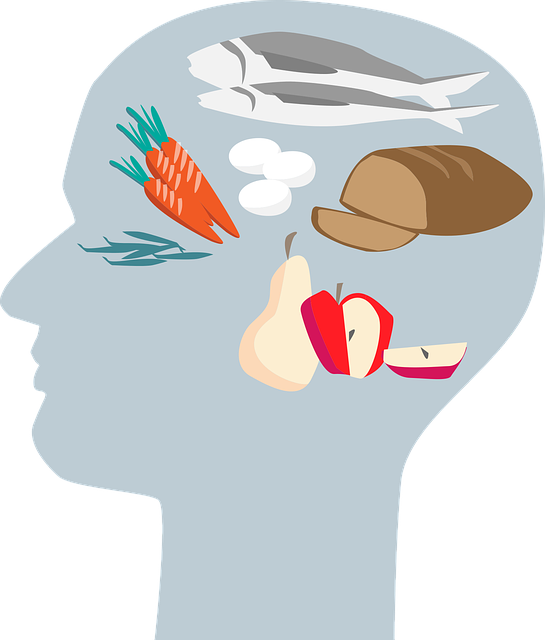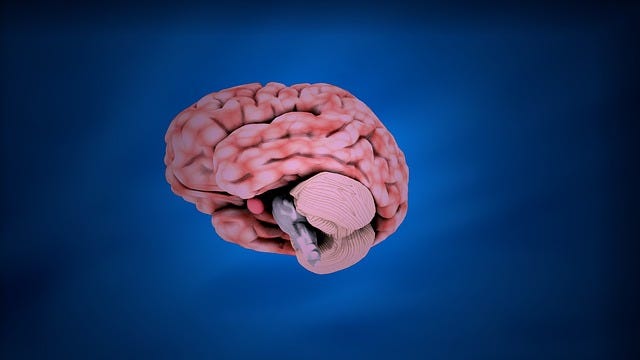Thinking of going vegan? Read this first.
What you need to know about vitamin B12, before deciding.
|

Vitamin B12 is the largest and most complex of all vitamins, found only in animal-based foods. Plants do not make, use, or contain this vitamin. Even so, many people make the conscious decision to avoid all foods containing natural B12. It is vital that they supplement their diets, and monitor their B12 status, because deficiency can have devastating consequences.
A water-soluble vitamin, B12 is crucial to the brain and nervous system, red blood cell formation and DNA.
This vitamin is made exclusively in the guts of animals by bacteria. It then migrates from the gut to muscle. The higher predatory animals are the best sources, along with seafood and fish.
Absorption — bioavailability — of B12 can vary, depending on the source. About 50% of B12 from meat and fish is absorbed into the bloodstream. However, only around 9% of B12 in eggs is bioavailable. Milk contains surprisingly little B12.
Early, mild symptoms of vitamin B12 deficiency include:
- Fatigue
- Depression
- Anxiety
- Loss of appetite
- Pallor
- Numbness or tingling in the hands and feet
- Poor memory.
Vitamin B12 is crucial to brain function, so, unsurprisingly, memory problems and slow mental processes are the most commonly reported cognitive problems associated with deficiency of this vitamin.
The four stages of vitamin B12 deficiency
Deficiency occurs in four stages. In stages 1 and 2, stores become depleted. In stage 3, blood levels of an amino acid called homocysteine start to rise.
It is only at stage four that clinical signs start to manifest.
The recommended daily amount of B12 is 2.4mcg in the US and 1.5mcg in the UK.
Shortage of this vitamin can take several years to become apparent. That is because the adult body stores around 2–5mg of B12, half of which is in the liver. That is enough B12 to last 3–5 years, although deficiency can arise within just a year if stores are low to start with.
Severe deficiency causes irreversible damage to the brain and nervous system and can lead to dementia. Low levels of B12 are also associated with the development of Parkinson's disease.
Vitamin B12 deficiency and babies
The matter of deficiency is even more urgent in babies and infants. During pregnancy, the foetus stores vitamin B12 in the liver, and this supply can last for several months after birth, depending on how much the mother supplies. If she has a low intake, and/or weans her baby on a B12-deficient diet, that child will become vulnerable to the effects of B12 deficiency very quickly.
Most of the data we have regarding vitamin B12 deficiency in infants comes from case studies of breastfeeding mothers on vegan or vegetarian diets. That is because lack of B12 in the diet is the most common cause of deficiency, and vegan and vegetarian mothers are more likely to have a vitamin B12 deficient infant.

Typical signs of deficiency in infants include:
- Failure of brain development and cognitive skills
- Failure of overall growth and development
- Lethargy
- Tremors
- Hyperirritability
- Anaemia.
It is important that treatment is given in time, because of the long term cognitive effects of B12 deficiency. Normally, the child will be given very high doses of B12, injected directly into muscle for 4 days, sometimes with oral doses as back-up. Fortunately, if treatment is given early enough recovery is very rapid, with major improvements seen within days of treatment, and reversal of symptoms.
However, it is well documented that without treatment, there is risk of severe and permanent developmental abnormalities.
Vegetarians and vegans — adults
Vitamin B12 deficiency was once thought to be rare in vegetarians, but is now known to be common among people on all the different vegetarian variations. Researchers have observed stage 3 vitamin B12 deficiency in over 60% of vegetarians.
B12 status can be determined by measuring serum B12 levels, and also by measuring blood levels of an amino acid called homocysteine. The latter is considered the most accurate system. Elevated homocysteine is a marker for B12 deficiency — the higher the homocysteine in blood, the lower the B12.

Vitamin B12 deficiency is regularly found to be proportionate to the degree of vegetarianism — that is, the less animal produce consumed, the greater the risk.
In a review of 18 studies into the vitamin B12 status of vegetarians and vegans, it was found that:
- Deficiency was greater among vegans compared to vegetarians.
- Raw food vegans had particularly high levels of deficiency — up to 47% among young people.
- In children, those who had been vegetarian from birth had higher rates of deficiency than those who had adopted the diet later in life.
B12 deficiency and the elderly
Diet is not the only cause of vitamin B12 deficiency, which is not uncommon among elderly people. Other causes include gastrointestinal malfunction leading to malabsorption, pernicious anaemia, certain medications (especially antacids and Metformin), and smoking.
It is estimated that 10%–15% of people over the age of 60 have vitamin B12 deficiency. This deficiency is believed due to their high prevalence of gastric atrophy. Gastric atrophy is a condition that arises when the lining of the stomach becomes inflamed, usually as a result of an infection caused by the bacterium Helicobacter pylori. Sometimes the cause is an autoimmune disorder, where antibodies attack intrinsic factor, a protein in the stomach required for the absorption of vitamin B12.
How to ensure adequate vitamin B12
There is one simple solution, which does not involve compromising beliefs: supplementation and/or food fortification. Unfortunately, fortified foods tend to be highly processed, industrial products, not especially wholesome and best eaten only occasionally.
For that reason, daily supplementation is a better solution. Oral vitamin B12 on the whole has a low absorption rate — 0.5% — 4%. That is why supplements of this vitamin generally tend to be made in high doses. An oral dose of 1000mcg, which is quite typical, delivers around 5–40mcg of B12.
Whatever diet or lifestyle you choose, for whatever reason, is entirely your choice, and your right to choose. However, it is always advisable to be well-informed, and take the necessary precautions to avoid harmful and unexpected consequences.
"Early diagnosis of vitamin B-12 deficiency is crucial, owing to the latent nature of this disorder and the resulting possible irreversible neurologic damage"
With the rising popularity of both vegetarian and vegan diets, it may be prudent (or indeed, essential) for physicians to offer monitoring and supplementation to pregnant women who choose to avoid foods that contain vitamin B12. A woman can choose, but her baby cannot.
WRITTEN BY







1 comment:
Did you realize there is a 12 word phrase you can speak to your crush... that will induce deep feelings of love and impulsive attractiveness for you deep inside his heart?
That's because hidden in these 12 words is a "secret signal" that triggers a man's instinct to love, treasure and guard you with all his heart...
12 Words Will Trigger A Man's Desire Instinct
This instinct is so hardwired into a man's mind that it will make him work better than before to to be the best lover he can be.
As a matter of fact, triggering this influential instinct is so binding to having the best ever relationship with your man that the instance you send your man one of these "Secret Signals"...
...You will soon find him expose his mind and soul for you in a way he never experienced before and he will perceive you as the one and only woman in the world who has ever truly attracted him.
Post a Comment